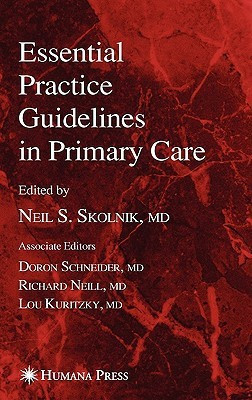Essential Practice Guidelines in Primary Care(English, Hardcover, unknown)
Quick Overview
Product Price Comparison
Wisdom is the principal thing; therefore get wisdom and with all thy getting get understanding. -Proverbs 4:7 In addition to wisdom, physicians need information-in many different settings-when learning new and reviewing previously learned material, during case conferences, and at the point-of-care while taking care of patients. Num- ous studies have shown that physicians regularly encounter questions that need an answer while they are seeing patients (1). Unfortunately, only about one-third of those questions are eventually pursued to find an answer, likely because of the difficulty of finding answers and the time constraints under which physicians find themselves (2-4). It is important to understand that when information is readily available, physicians utilize that information, and that information impacts on patient care and can alter the clinical decisions that occur (5-7). National clinical guidelines have been increasingly recognized as a potential way of improving the quality of medical care by giving physicians clear, eviden- based guidance on how to treat complex diseases where an abundance of lite- ture may exist. The evolution of medical knowledge proceeds along a predictable route. It starts with careful observation. Next comes the generation of hypotheses. The hypotheses are then tested through studies. These studies are eventually synt- sized into evidence-based guidelines developed through a rigorous process that includes a comprehensive review of the literature combined with expert opinion.


